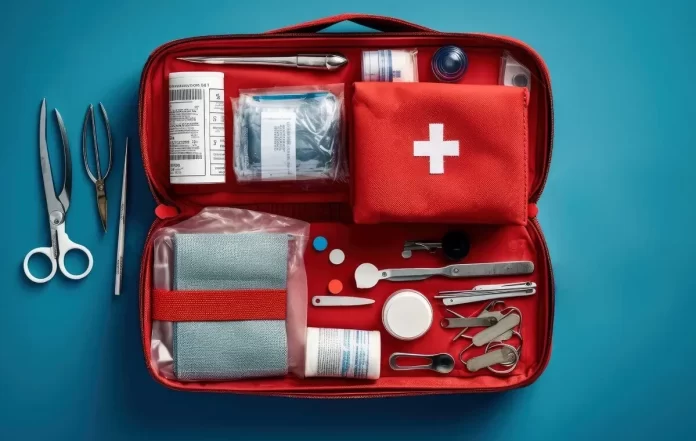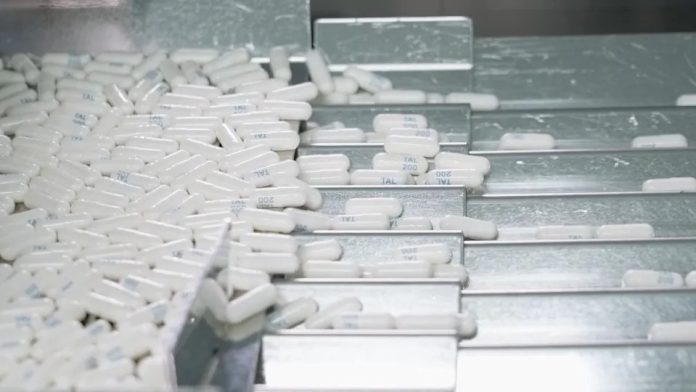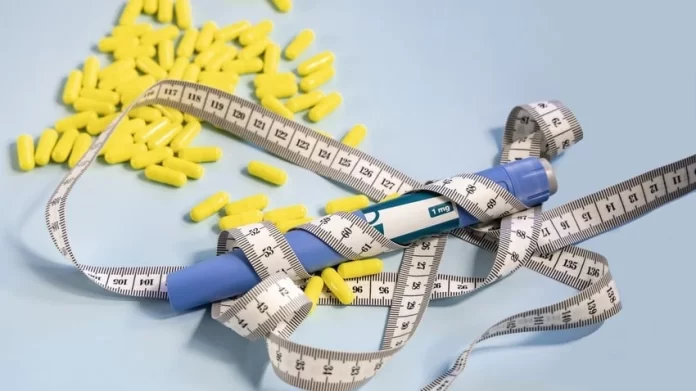Medications to Consider Carrying During a War or Crisis Situation
In a war or crisis situation, having a well-stocked medical kit is crucial for addressing injuries, illnesses, and potential exposure to hazards. Here are some essential medications to consider including:
- Prescription Medications:
- At least a seven-day supply of any prescription medications you take regularly, with clear labels and a list of your prescriptions and dosages. This ensures continuity of care and helps others assist you if necessary.
- Over-the-Counter Medications:
- Pain Relievers: Ibuprofen (Advil, Motrin IB), acetaminophen (Tylenol), and aspirin can manage headaches, fever, pain, and sprains.
- Stomach and Antidiarrheal Remedies: Loperamide (Imodium) and bismuth subsalicylate (Pepto-Bismol) can help treat diarrhea caused by potential food or water contamination.
- Antacids: Maalox, Mylanta, Rolaids, Tums, or generic equivalents can provide relief from heartburn.
- Antihistamines: Diphenhydramine (Benadryl) or loratadine (Claritin) can treat allergic reactions, and diphenhydramine may also help with sleep.
- Antibiotic Ointment: Bacitracin Plus, Neosporin, or generic can prevent infection in cuts and scrapes.
- Hydrocortisone Cream: This can soothe skin irritation and bites.
- Calamine Lotion: It helps relieve itching and irritation from insect bites and poison ivy.
- Over-the-counter medication for diarrhea: Talk to your doctor about getting a prescription for an antibiotic you can use if needed.
- Cough and cold medicines:
- Emergency Medications:
- Epinephrine auto-injector (EpiPen), if prescribed: This is vital for individuals with severe allergies.
- Water purification tablets: These can ensure access to safe drinking water.
- Other Useful Items:
- Antiseptic wipes or hand sanitizer: These can help disinfect wounds and hands.
- Bandages, gauze, and tape: These are essential for treating burns, cuts, and wounds.
- Scissors:
- Thermometer:
- Tweezers: These can remove splinters or foreign objects.
Important Considerations:
- Expiration Dates: Check the expiration dates of all medications and replace them as needed.
- Medication Safety: Excessive moisture or heat can contaminate drugs, so inspect them regularly for changes in appearance or smell.
- Storage: Keep medications in a cool, dry place to maintain their effectiveness.
- Consult a Healthcare Professional: Discuss your specific health needs and risks with a healthcare provider to determine the best medications to carry for your situation.
Note: This is a general guide, and specific needs may vary depending on the individual, the environment, and the nature of the emergency. Always prioritize your safety and seek professional medical attention whenever possible.











